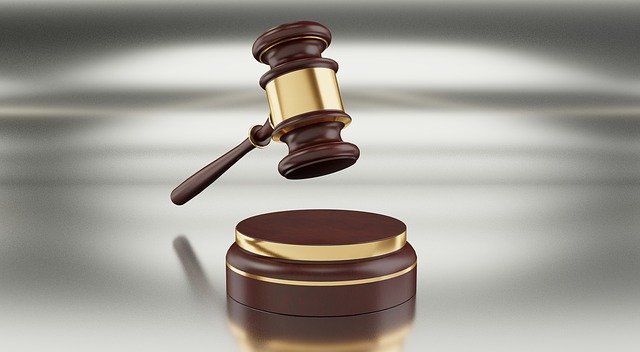
By Thomas Galvin | Rose Law Group Staff Reporter
Justice Alito, started off his majority opinion in Brnovich vs DNC by stating, “Arizona law generally makes it very easy to vote.” He noted how voters may vote at a traditional precinct voting booth or a county voting center and may case an early ballot up to 27 days before an election. And they may vote in person at an early ballot voting center in each county. However, two of Arizona’s elections laws were challenged under Section 2 of the Voting Rights Act of 1965. One law is Arizona’s requirement that someone voting in person on election day, in a county that uses the precinct system, must vote in their assigned precinct. If they vote in the wrong precinct, their vote is not counted. Also, Arizona law forbids “ballot harvesting” in which is a crime for anyone other than a mail carrier or a family member to collect an early ballot. The Democratic National Committee is alleging that these two Arizona laws had an adverse and disparate impact on Native Americans, Hispanics, and African-Americans in Arizona.
Alito wrote that the core aspect of the Voting Rights Act provision in question has a requirement that “voting be equally open.” Also, Alito notes that “the size of the burden imposed by a challenged voting rule is highly relevant.” That’s because all voting procedures have some standards of rules, which means there are already inherent “usual burdens of voting.” Alito notes that, therefore, “mere inconvenience is insufficient.” Alito does acknowledge that “the size of any disparities in a rule’s impact on member of different racial or ethnic groups is an important factor to consider.” And, Alito takes care to note that “ensuring every vote is cast freely, without intimidation or undue influence, is also a valid and important state interest” because states have a legitimate state interest in preventing election fraud.”
Alito’s majority opinion draws the distinction from other cases that involved questionable statutes that were designed or had an effect on diluting minorities voting power. But, in this instance, the Arizona laws are about facility neutral factors involving the time, place and manner of voting. Alito summed up the dissenting justices arguments is only considering one circumstance: disparate impacts. His conclusion is that Arizona’s out-of-precinct statute and its ballot harvesting ban do not violate Section 2 of the Voting Rights Act.
Justice Kagan was joined in her forceful dissent by Justices Breyer and Sotomayor. Kagan wrote that the Voting Rights Act “reminds us of the worst of America,” because it is “necessary” to preserve voting rights. She wrote that “two election laws from Arizona discriminate against minority voters.” She noted that “the drafters of the Voting Rights Act understood that social and historical conditions including disparities in education, wealth, and employment, often affect opportunities to vote. What does not prevent one citizen from casting a vote might prevent another.”
Ultimately, Alito’s majority has prevailed, 6-3. And the Supreme Court has ruled that “Arizona’s out-of-precinct policy and HB 2023 do not violate Section 2 of the Voting Rights Act, and HB 2023 was not enacted with a racially discriminatory purpose.”
Read more about the case from Axios and SCOTUS Blog





